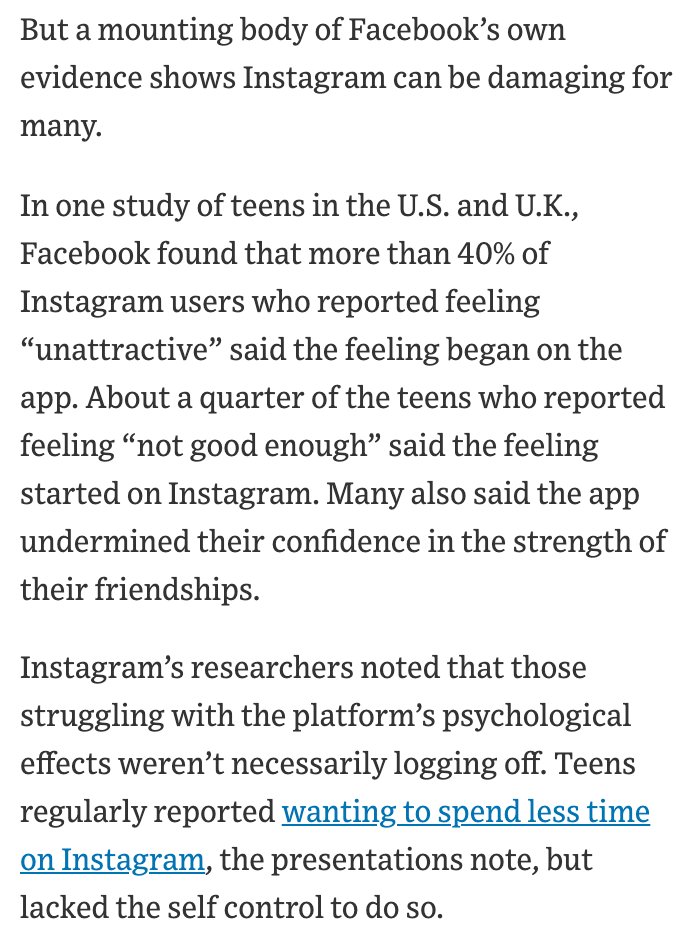
I wrote about the great acceleration of the Great Resignation—and why it matters.
theatlantic.com/ideas/archive/…
Crises leave unpredictable marks on history. We may look back at the pandemic as a long-term, fundamental shift in Americans’ attitudes toward work.
theatlantic.com/ideas/archive/…
Crises leave unpredictable marks on history. We may look back at the pandemic as a long-term, fundamental shift in Americans’ attitudes toward work.
Americans have a weird relationship with "quitting."
It sounds like something for losers and loafers. But it's an expression of optimism.
The mid-20th century—which we imagine as some golden age of company men with 40-year careers—had more quitting!
It sounds like something for losers and loafers. But it's an expression of optimism.
The mid-20th century—which we imagine as some golden age of company men with 40-year careers—had more quitting!
https://mobile.twitter.com/dkthomp/status/1441416405304315907
Great Resignation is one of several Great R-words shaping the economy.
- Great Reset = ppl reducing the role of work in their life
- Great Reshuffling = more migration + business creation
- Great Rudeness = customers behaving like little shits, motivating leisure-sector quits


- Great Reset = ppl reducing the role of work in their life
- Great Reshuffling = more migration + business creation
- Great Rudeness = customers behaving like little shits, motivating leisure-sector quits



Five years ago, I wrote the US had lost its "mojo"—job-switching, entrepreneurship, and migration were all at multi-decade lows.
But now all those things are rising. Behind the supply chain clustershit & labor shortage, something else is happening: Our mojo is kinda back, baby!
But now all those things are rising. Behind the supply chain clustershit & labor shortage, something else is happening: Our mojo is kinda back, baby!
The Great Resignation is the tip of a broader trend, a destabilization + decentralization of economics.
More migration to suburbs, more ppl quitting, more new companies, more distributed workforces. This is a centrifugal moment in US economic history.
theatlantic.com/ideas/archive/…
More migration to suburbs, more ppl quitting, more new companies, more distributed workforces. This is a centrifugal moment in US economic history.
theatlantic.com/ideas/archive/…
• • •
Missing some Tweet in this thread? You can try to
force a refresh








